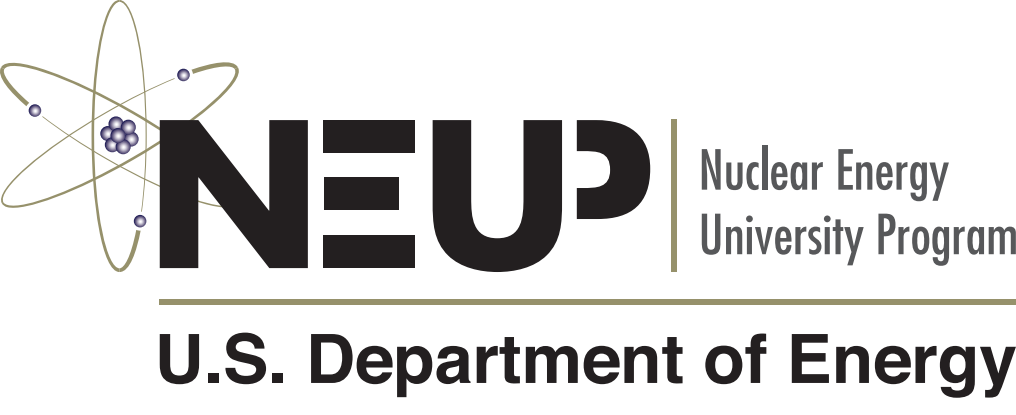FY 2011 Infrastructure Grants
The U.S. Department of Energy (DOE) has announced it is awarding $5.69 million in infrastructure grants for 21 projects at 19 U.S. universities and colleges in more than 15 states to upgrade university research reactors and purchase equipment that will enhance nuclear research and educate the next generation of nuclear scientists, engineers and technicians.
A full list of infrastructure recipients is listed below.
*Actual project funding will be established during contract negotiation phase.

